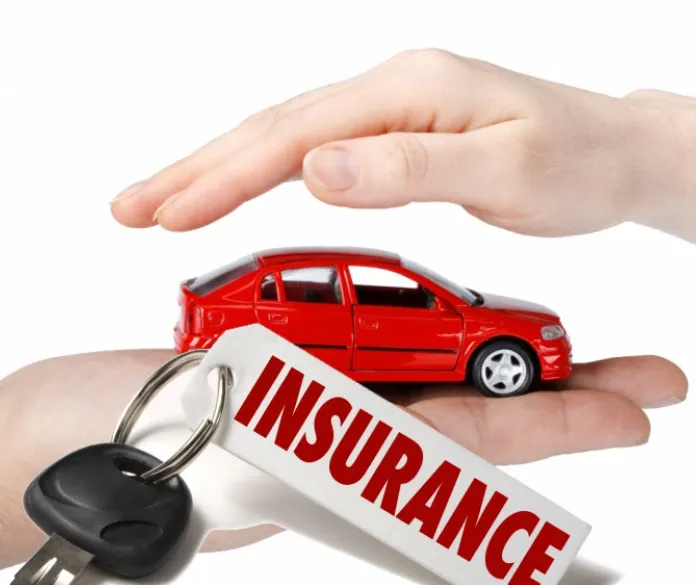Shopping for auto insurance is something every driver has to face, yet it’s rarely enjoyable. The process can feel overwhelming: online quote tools often lead to endless marketing emails, while calling multiple agents can take hours without guaranteeing better rates. The truth is, finding a fair and accurate quote doesn’t have to be frustrating if you understand what influences the cost and how to prepare before you start.
What Exactly Is an Auto Insurance Quote?
An auto insurance quote is an estimate of how much you’ll pay for coverage. It’s not a random number—it’s calculated using details about you, your vehicle, and external factors that affect risk. Every company uses its own system, but most quotes are shaped by a combination of the following:
- External risks in your area: Fraud, lawsuits, and the number of uninsured drivers in your region can raise premiums for everyone.
- Your profile as a driver: Age, location, driving history, credit score, and prior insurance coverage all influence the rate you’ll be offered.
- Coverage levels you select: Choosing higher limits or adding extra protection (like rental reimbursement or comprehensive coverage) will naturally cost more.
- The insurer’s operating costs: Companies must keep reserves to pay claims and hire staff to manage them quickly. These expenses are reflected in your rate.
- Industry trends: Factors like rising repair costs, vehicle prices, or medical expenses directly impact how much insurers need to charge.
- Government requirements: Each state sets its own rules for minimum coverage, which shapes the base level of protection you must carry.
Understanding these factors helps you see why your quote might differ from someone else’s—even if you drive a similar car.
What You’ll Need Before Requesting a Quote
One of the best ways to avoid frustration is to prepare the right information in advance. Whether you request a quote online or through an agent, having these details ready will speed up the process and improve accuracy:
- Driver information: Your license number, or at least your full name, date of birth, address, marital status, and occupation.
- Vehicle details: The Vehicle Identification Number (VIN), make and model, and the date you purchased it.
- Driving record: Accidents, tickets, or violations from the past five years. Even if you don’t recall exact dates, be honest—insurance companies will run an official driving record anyway.
- Insurance history: Proof of your current or previous policy, which shows how long you’ve been insured and the coverage you carried.
Being upfront about your history avoids surprises later and ensures the quote reflects your actual situation.
How to Compare Quotes Effectively
Once you have your information ready, it’s time to start comparing options. Here are a few tips to make sure you’re looking at more than just the bottom line:
- Look beyond price: The cheapest policy may exclude important protections. Make sure the coverage limits match your needs.
- Check deductibles and exclusions: A lower premium might mean a higher deductible or limited coverage for certain events.
- Evaluate the insurer’s reputation: Customer reviews, claims handling, and financial stability are just as important as cost.
- Ask about discounts: Many insurers offer savings for safe driving, bundling with home insurance, or installing safety features. Don’t hesitate to ask what you qualify for.
- Consider an independent agent: Unlike company-specific agents, independents can shop around multiple carriers on your behalf.
Why Preparation Matters
When you provide complete and accurate information upfront, you’ll get a quote that reflects your real costs. This reduces the chance of surprises later—like higher premiums after the insurer reviews your record. More importantly, it helps you compare policies fairly, since you’ll know each quote is based on the same details.
Final Thoughts
Getting an auto insurance quote doesn’t have to be stressful or time-consuming. By understanding the factors that shape your rate, preparing the right information, and comparing options carefully, you’ll be in a strong position to find coverage that protects both your car and your budget. Instead of dreading the process, you can approach it with confidence, knowing you’re equipped to secure the best deal possible.










